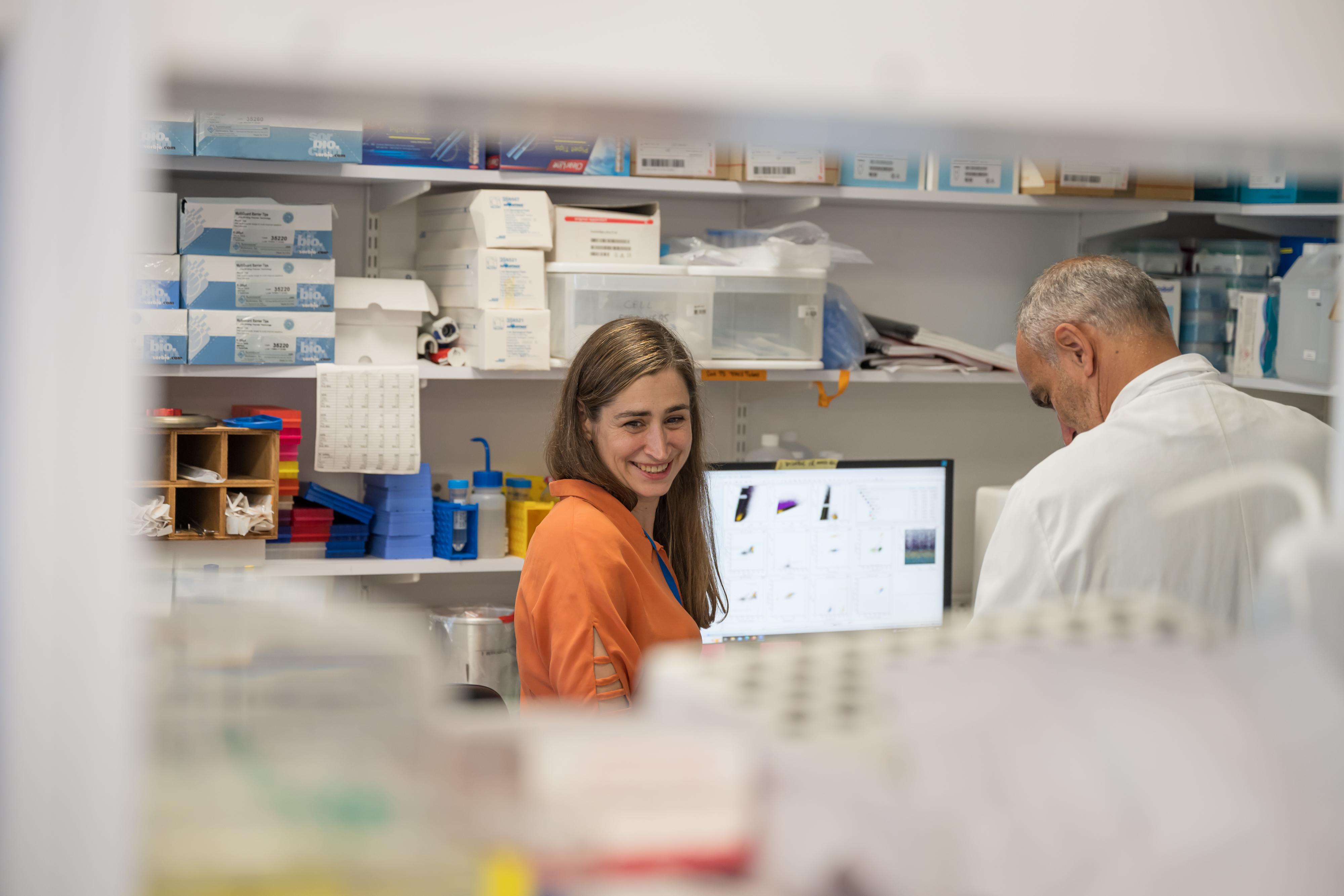The proper development of the vital organs of the fetus would be strongly impacted by exposure to air pollution during pregnancy.

- Air pollution can cause cardiovascular problems, asthma attacks, allergies, bronchial diseases, lung or skin cancer.
- 40,000 people die each year from the consequences of air pollution, according to Public Health France.
Poor air quality has many adverse health effects on unborn babies. Significant exposure to air pollution during pregnancy increases the risks of premature delivery, neonatal death and low birth weight. It can also influence the proper development of the child’s brain.
Babies show particles in their lungs, liver and brain
Researchers from the University of Aberdeen (UK) and the University of Hasselt (Belgium) have recently observed that air pollution nanoparticles are present in the developing lungs, liver and brain of fetuses. Their work has been published in the journal The Lancet Planetary Health.
During this research, the scientists examined maternal, perinatal and fetal samples collected during two independent studies: the Environmental Influences on Aging in Early Life (ENVIRONAGE) Birth Cohort and the Scottish Advanced Fetal Research (SAFeR) Cohort.
“In the ENVIRONAGE study, we included 60 randomly selected mother-fetus pairs, excluding all mothers who reported ever smoking. In the SAFeR study, we selected 36 fetuses between the ages of 7 and 20 weeks and exhibiting cotinine levels, indicating non-smoking status in pregnant women”the scientists explained.
Nanoparticles may interact with organ control system
Based on their results, carbon black particles were identified in the blood of the subjects’ umbilical cords. This material is released into the air by combustion engines or coal-fired power plants. The presence of these nanoparticles in the fetus means that they have managed to cross the placenta and enter the blood circulation system.
“What we have shown for the first time is that nanoparticles from carbon black air pollution enter not only the placenta in the first and second trimester, but also the organs of the developing fetus”said the Professor Paul Fowler, study co-author and translational medical scientist at the University of Aberdeen. Before adding : “what is even more disturbing is that these black carbon particles are also entering the developing human brain. This means that it is possible that these nanoparticles directly interact with the organ and cell control systems of the human fetus.”

















